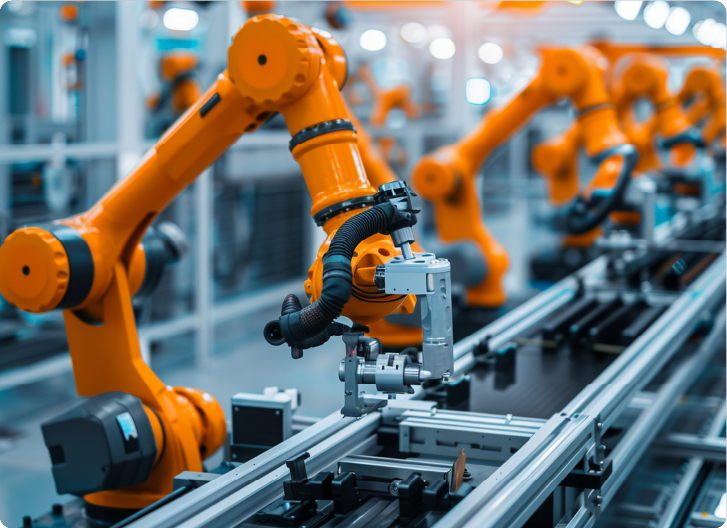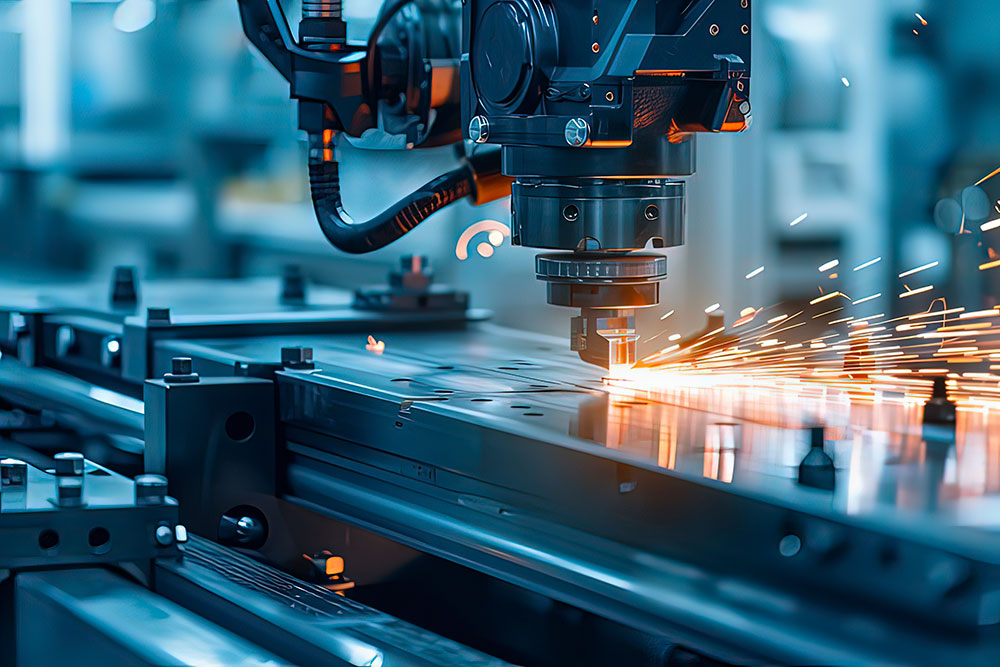
In today's fast-paced manufacturing landscape, precision is not just a desirable trait—it's an absolute necessity. Computer Numerical Control (CNC) machining has revolutionized the way industries produce complex and intricate parts with unparalleled accuracy. But what exactly makes precision so crucial in CNC machining, and how does it impact the overall quality and functionality of the final product? In this comprehensive guide, we'll delve into the importance of precision in CNC machining, exploring its benefits, the factors that affect it, and the techniques used to achieve it.
Precision in CNC machining refers to the degree to which a machine can reproduce a part to match the specified dimensions and tolerances. It's about achieving exact measurements repeatedly, ensuring that each produced part is consistent and meets the required specifications.
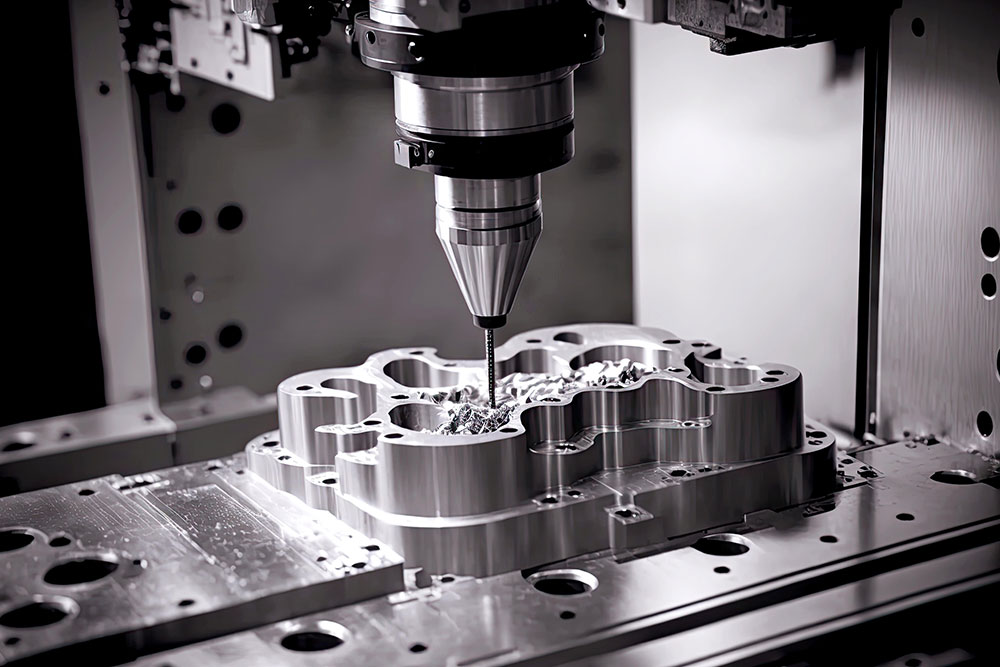
Tolerances are the allowable deviations from the specified dimensions of a part. They define the limits within which a part can vary without affecting its functionality. Tight tolerances mean smaller allowable deviations, requiring higher precision during machining. Achieving these tolerances is critical in industries where even the slightest discrepancy can lead to significant issues. Check more information about Tolerances in CNC Machining.
Precision directly affects how a part functions within its intended application. In mechanical assemblies, for example, parts must fit together seamlessly. Any deviation can cause friction, wear, or even complete system failure. High precision ensures that parts perform as intended, maintaining the integrity of the entire system.
Precision machining ensures that each component operates efficiently within the system. This leads to better overall performance, reduced energy consumption, and longer service life of the machinery.
Parts manufactured with high precision are less prone to wear and tear. They fit together perfectly, reducing stress and extending the lifespan of the components.
In addition to functional benefits, precision machining produces parts with excellent surface finishes. This is particularly important in consumer products where appearance can influence customer satisfaction.
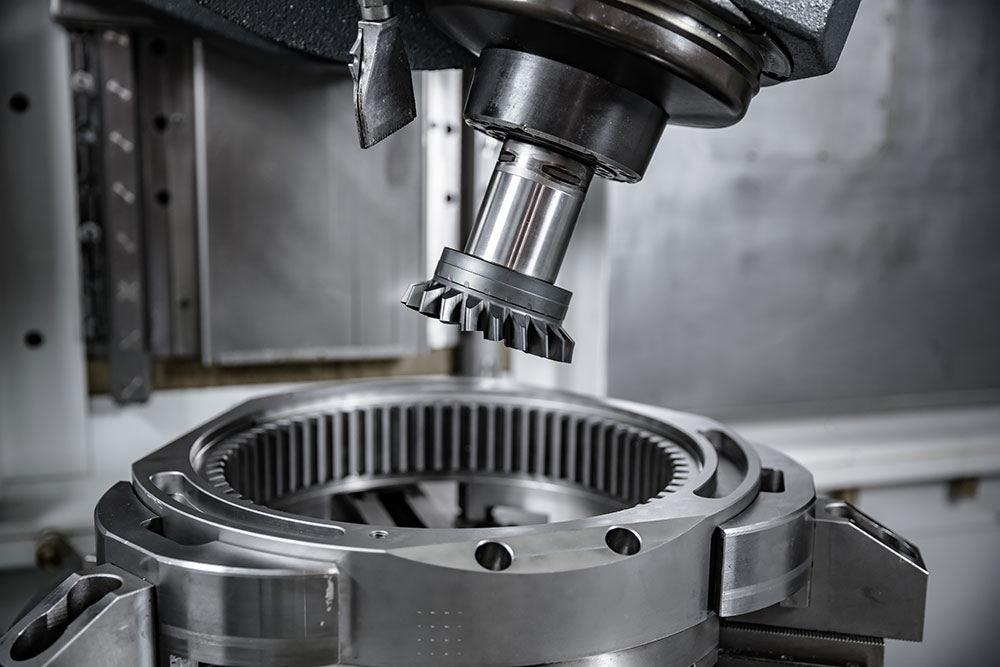
Regular calibration and maintenance of CNC machines are essential to maintain precision. Wear and tear on machine components can lead to inaccuracies if not addressed promptly.
The choice of cutting tools and their condition significantly impact precision. Using the appropriate tool for the material and application, and replacing it when worn, ensures consistent results.
Different materials respond differently to machining processes. Understanding the material's characteristics, such as hardness and thermal expansion, is crucial for achieving precise dimensions.
Even with advanced CNC machines, skilled operators are needed to program and oversee the machining process. Accurate programming ensures that the machine executes the desired operations correctly.
Modern CNC machines come equipped with multi-axis capabilities, allowing for complex geometries to be machined in a single setup. This reduces errors caused by multiple setups and improves precision.
Implementing rigorous quality control measures, such as in-process inspections and post-machining measurements, helps in detecting and correcting deviations promptly.
Computer-Aided Design (CAD) and Computer-Aided Manufacturing (CAM) software enable precise programming of CNC machines. They allow for simulation and verification of the machining process before actual production.
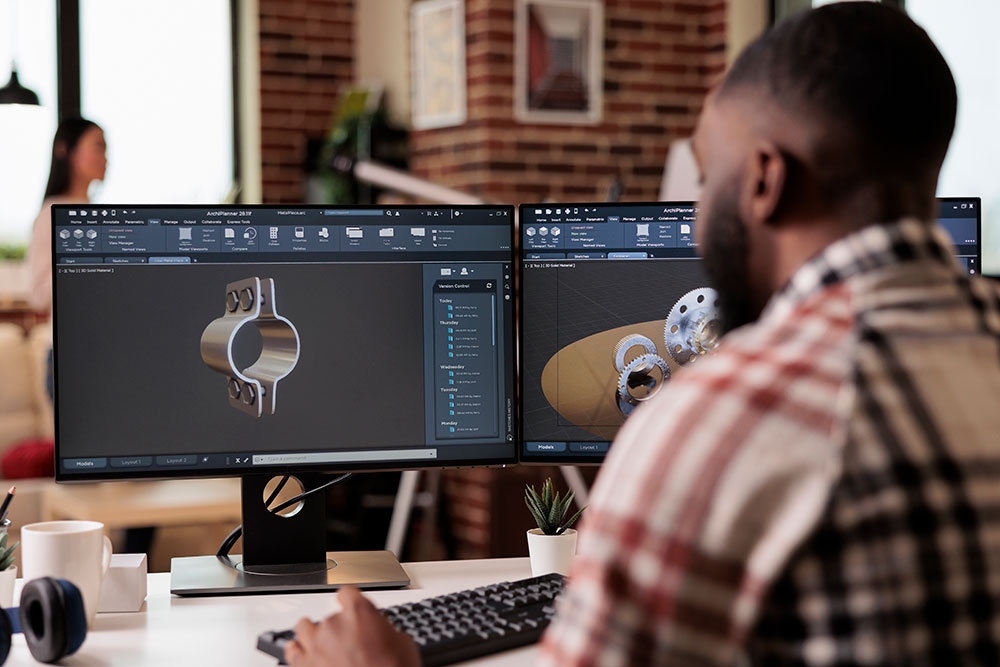
Controlling the machining environment, including temperature and humidity, can prevent material expansion or contraction that affects precision.
Inadequate precision can lead to parts that don't fit or function correctly, resulting in product failures. In critical applications, this can have catastrophic consequences.
Errors due to lack of precision lead to rework, scrap parts, and additional material costs. This not only wastes resources but also increases production time.
Consistently delivering subpar products can harm a company's reputation. Customers expect reliable, high-quality products, and failing to meet those expectations can lead to lost business.
Consider a manufacturer producing components for the aerospace industry. Even a minor deviation in a component's dimensions can affect the aerodynamics of an aircraft, leading to increased fuel consumption or, worse, safety risks. By investing in high-precision CNC machining and strict quality control processes, the manufacturer ensures that every part meets the stringent requirements, contributing to the overall safety and efficiency of the aircraft.
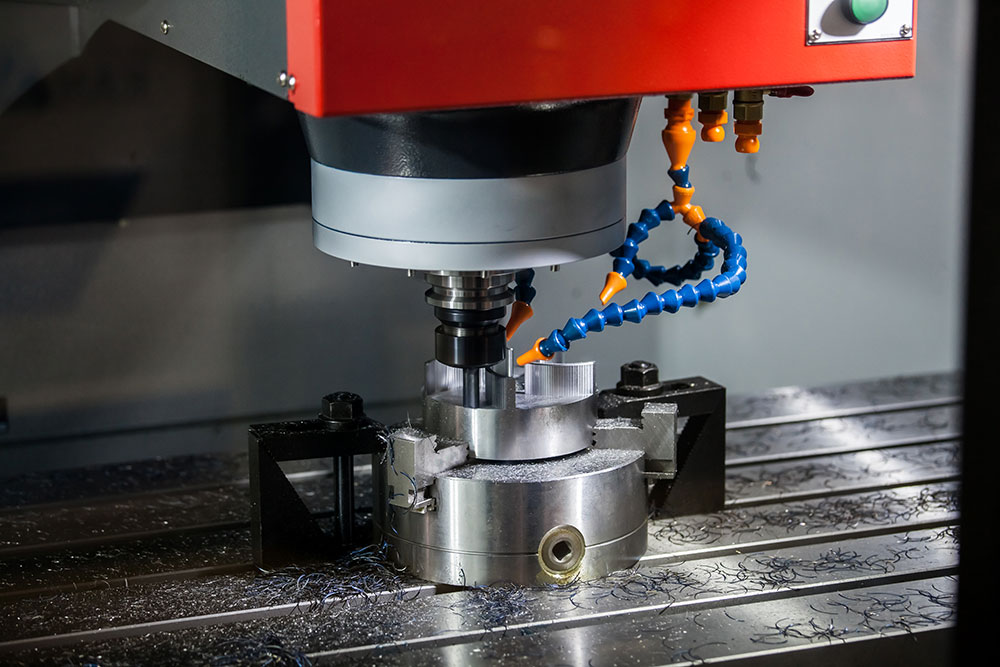
Precision in CNC machining is the cornerstone of producing high-quality, reliable, and efficient parts. It affects every aspect of a product, from functionality and performance to durability and aesthetics. By understanding the importance of precision and implementing strategies to achieve it, manufacturers can deliver superior products that meet or exceed industry standards.
When selecting a CNC machining service, it's crucial to choose a provider that prioritizes precision. Look for companies with state-of-the-art equipment, skilled operators, and robust quality control measures. In doing so, you'll ensure that your projects are executed with the highest level of accuracy, contributing to the success and reputation of your business.
